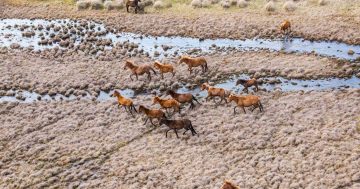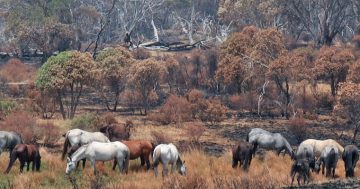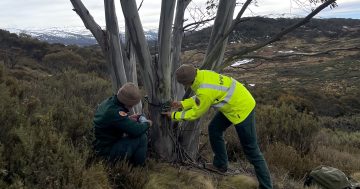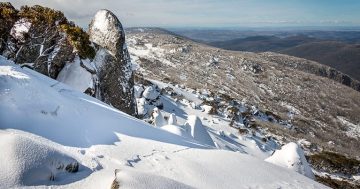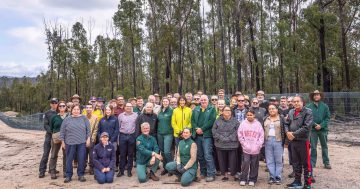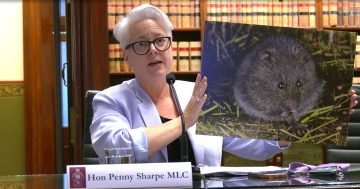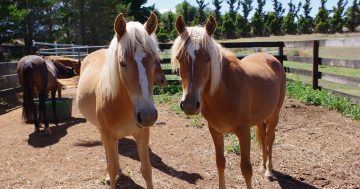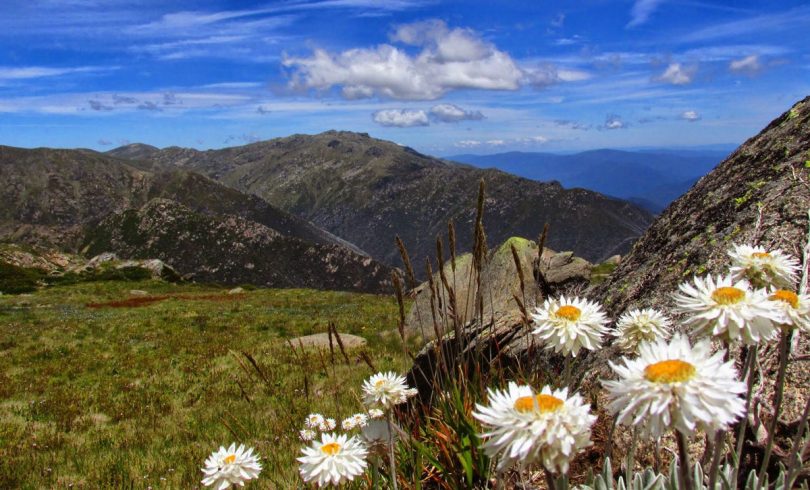
Kosciuszko National Park. Photo: Mike Bremers.
This weekend marks the 75th birthday of Kosciuszko National Park.
At a time we should be celebrating Kosciuszko National Park’s 75th anniversary, the area remains mired in a mucky debate about hard-hooved animals.
The park was created in 1944 by visionary Labor Premier, Sir William McKell, who was compelled to act after witnessing what he described as ‘one of Australia’s greatest tragedies’ on a 10-day inspection of the damage from unregulated stock grazing.
With the park’s creation on April 19 1944, cattle and sheep grazing were removed from the highest peaks and over decades the eroded mountainsides restored.
Today Kosciuszko National Park is an incredible natural cathedral that draws more than a million people a year who want to experience its raw beauty.
Kosciuszko National Park and the Australian Alps catchments help deliver almost a third of the Murray Darling Basin’s annual water yield, is home to ancient glacial landscapes and is rich in alpine wildflowers and native animals found nowhere else on Earth.
This National Heritage listed place is home to some of Australia’s most threatened native animals, including the critically endangered mountain pygmy-possum and southern corroboree frog, the broad-toothed mouse, listed as vulnerable, and the alpine she-oak skink, which only exists in a very small area within the park.
Australia should be coming together as a nation today to celebrate this extraordinary landscape, but instead we are stuck in a debate that allows feral horse numbers to grow and feral horse damage to continue to trash the park.
If unresolved, the impacts of feral horses could surpass the disastrous impacts of cattle grazing prior to the park’s formation.
As ANU protected area specialist, Dr Graeme Worboys, writes, “The 75th anniversary of the Park should have been a celebration of catchment recovery and the benefits of professional conservation management by generations of park managers.”
“Instead, high mountain wetlands, the headwaters of the Murray, Murrumbidgee and Snowy Rivers and native Australian species habitats are all being impacted by feral horses.”
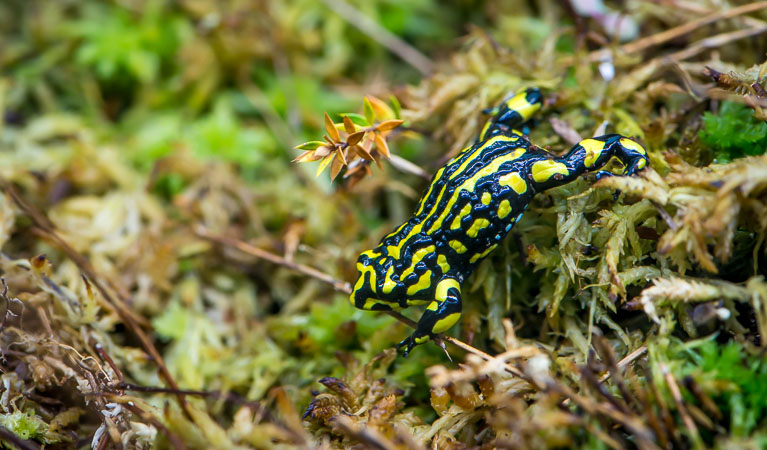
Southern Corroboree Frog within Koscusizko National Park. Photo: NSW National Parks.
Kosciuszko National Park is home to many threatened native species and ecological communities suffering from feral horse disturbance.
In late November 2018 the NSW Scientific Committee listed ‘Degradation and loss by Feral Horses (brumbies, wild horses), Equus caballus’ as a key threatening process under the NSW Biodiversity Conservation Act.
At risk are:
- 23 threatened native plant species;
- 11 native animal species;
- 5 ecological communities.
At this time to mark the formation of one of Australia’s most significant national parks, we have a clear choice.
Do we allow feral horse damage to spiral out of control and irreparably damage the values of Kosciuszko National Park that the park was created to protect? Or do our leaders again rise to the occasion and make the decisions that future generations expect them to make?
Kosciuszko is under threat.
Words by Richard Swain, Reclaim Kosci campaign coordinator.
Reclaim Kosci is led by the Invasive Species Council and supported by the National Parks Association of the ACT, National Parks Association of NSW, Colong Foundation for Wilderness and the Nature Conservation Council of NSW.







